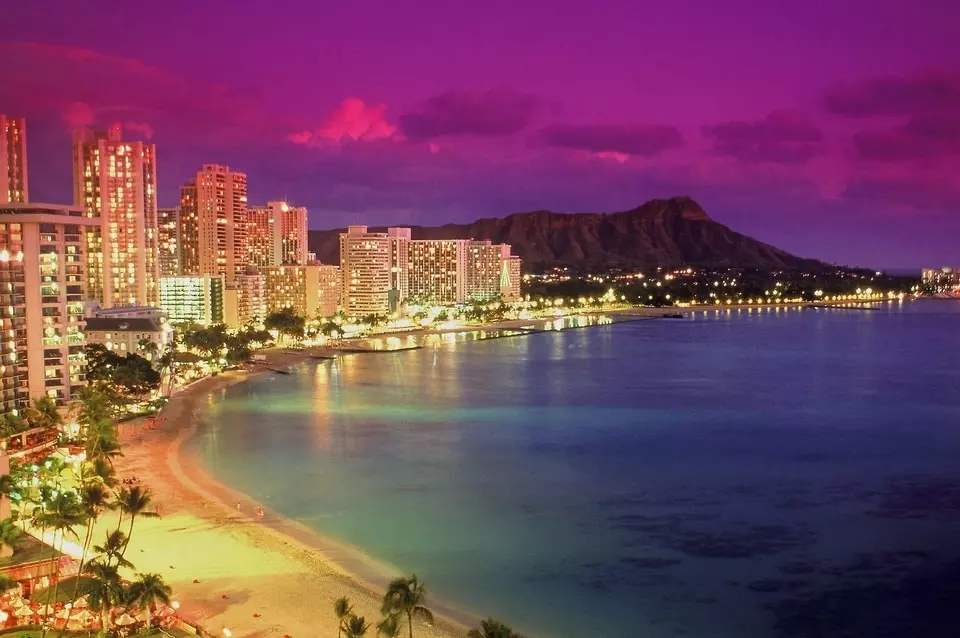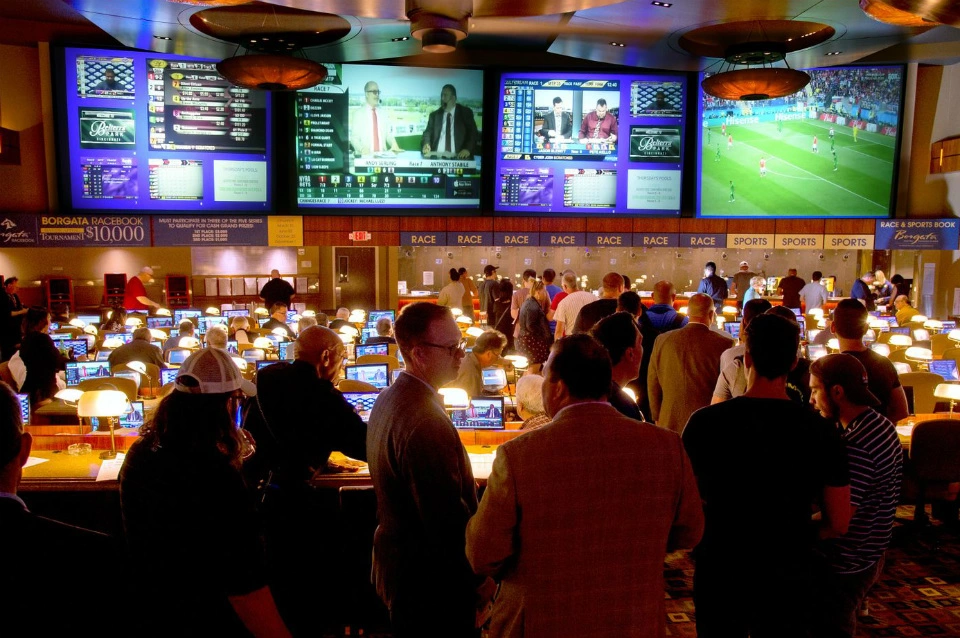 The legal action that challenges sports betting in Florida might not be settled by the beginning of the new National Football League (NFL) season, which will further delay the two-year wait for football fans who have been hoping to start placing bets within state borders.
The legal action that challenges sports betting in Florida might not be settled by the beginning of the new National Football League (NFL) season, which will further delay the two-year wait for football fans who have been hoping to start placing bets within state borders.
The lawsuit seeks to overturn a gambling deal worth billions of dollars under which the Seminole Tribe of Florida was granted exclusive rights to control legal in-person and online sports betting services across the state. The contract, which was signed in 2021, saw the Seminole Tribe launch its Hard Rock sportsbook service for about a month before a decision of the Federal Court forced the tribe to cease operations.
West Flagler Associates, which is the plaintiff in the legal case, argues that the compact inked between the state and the Seminole Tribe of Florida breaches federal gaming laws because mobile wagers on sports could be offered outside of tribal lands. The deal was struck down by a federal district court judge, but a three-judge D.C. Circuit Court of Appeals panel reversed this ruling at a later stage.
Earlier in August, the casino operators filed a rehearing petition before the appellate court. The Seminole Tribe is given until tomorrow, August 31st, to file a response to the rehearing request.
Seminole Tribe May Be Forced to Start Offering Only In-Person Sports Betting Services
 According to some legal experts, such as Florida Atlantic University law professor Bob Jarvis, a final ruling on the legal case by September 7th, when the new National Football League season starts, is “all but out of question”. Professor Jarvis noted that he would expect the ruling to be issued by the end of September at the earliest, when the deadline for the plaintiffs to address the Supreme Court to review the matter closes.
According to some legal experts, such as Florida Atlantic University law professor Bob Jarvis, a final ruling on the legal case by September 7th, when the new National Football League season starts, is “all but out of question”. Professor Jarvis noted that he would expect the ruling to be issued by the end of September at the earliest, when the deadline for the plaintiffs to address the Supreme Court to review the matter closes.
The ongoing legal action, on the other hand, means that the Seminole Tribe is not able to start offering sports betting services until the lawsuit is finally resolved because the aforementioned rehearing petition effectively puts the operation of sports wagering on hold. Professor Jarvis also explained that a potential decision of the plaintiffs to reach out to the Supreme Court with a petition would further delay the launch of the legal sportsbook service in Florida.
Gambling law expert Daniel Wallach, on the other hand, has noted that the Seminole Tribe can practically decide to relaunch its sportsbook service before the ruling of the Appeals Court. Such a move, however, is very likely to have the judges upset and alienate consumers if the sports betting service is once again forcibly shut down. He believes, that the tribe is likely to await the outcome of the D.C. Circuit’s action on the petition for rehearing. If it is turned down, the roll-out of legal sports betting services may finally be triggered.
There are other options, too. If the plaintiffs win the case, either the Appeals or the Supreme Court could decide to leave online sports betting services out of the question and leave only brick-and-mortar in-person betting services within the scope of the Seminole Tribe’s compact with the state of Florida. The entire compact could be rejected, too. If this happens, the state and the tribe would have to redo the agreement to make sure that only in-person sports betting is allowed.